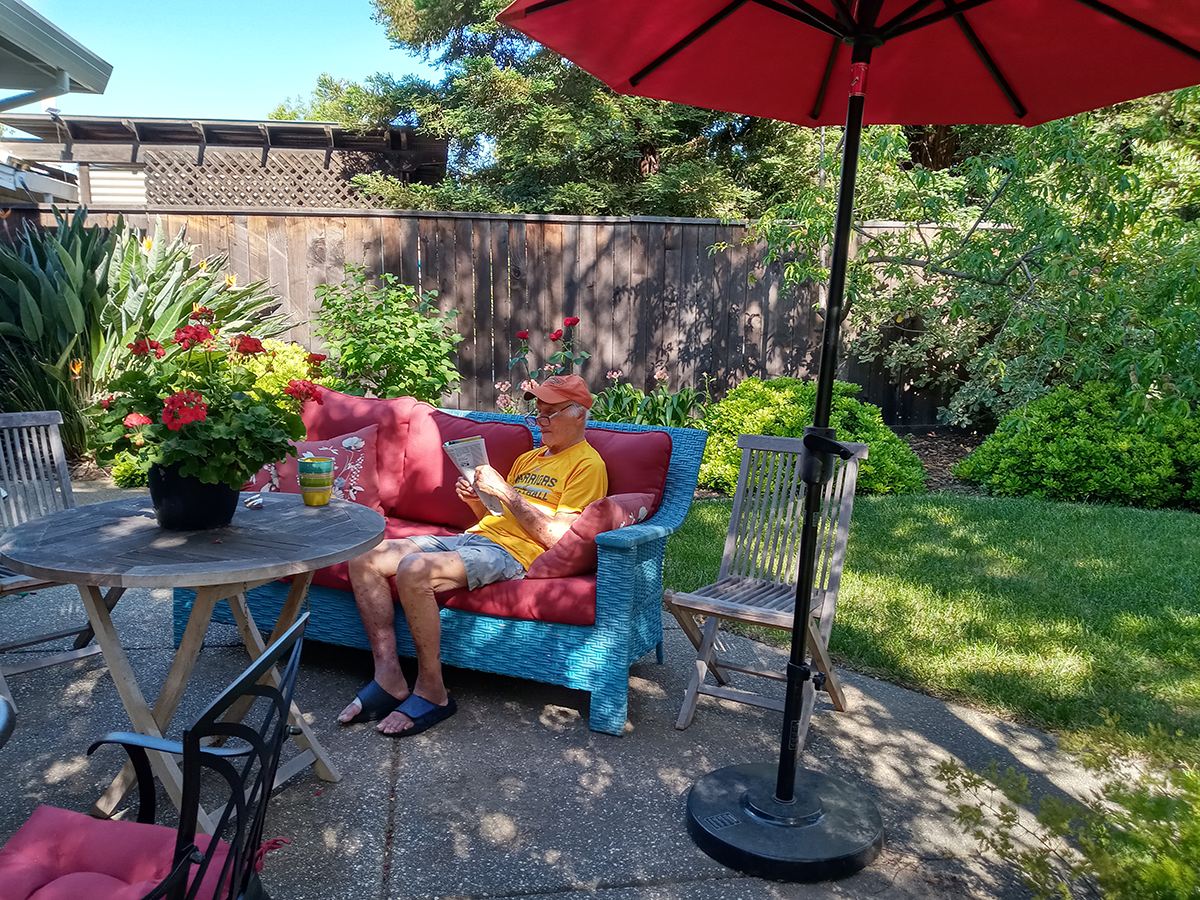ARTHUR BLAUSTEIN
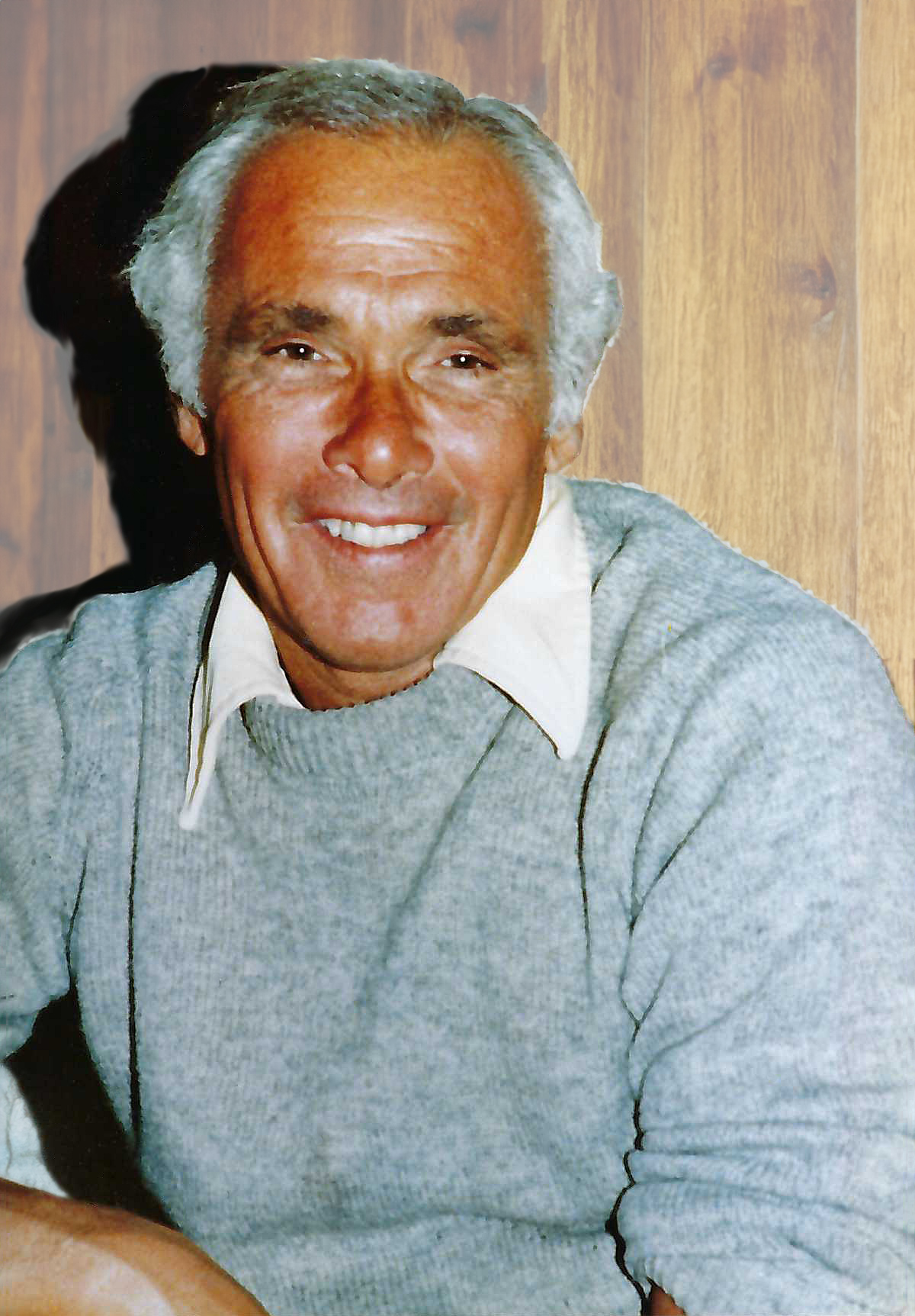
1933 – 2023
Arthur Blaustein, UC Berkeley professor and author, and civil rights activist for over 70 years, passed away peacefully at home in November with his beloved life partner Rosemary Shahan by his side. The cause was complications of Parkinson’s disease. He was 90.
From an early age, Arthur epitomized what civil rights icon John Lewis described as someone who made “good trouble.”
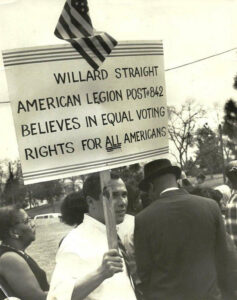 He participated in the 1963 March on Washington, where Dr. Martin Luther King Jr. delivered his historic “I Have a Dream” speech. In 1965, facing down threats of physical violence in the wake of Bloody Sunday, Arthur marched from Selma to Montgomery, Alabama in support of voting rights for all Americans.
He participated in the 1963 March on Washington, where Dr. Martin Luther King Jr. delivered his historic “I Have a Dream” speech. In 1965, facing down threats of physical violence in the wake of Bloody Sunday, Arthur marched from Selma to Montgomery, Alabama in support of voting rights for all Americans.
Arthur served for nearly two years in the U.S. Army as an education and information expert, distilling news for military bases throughout Europe. He later became coeditor of the War Peace Report, calling for an end to the war in Vietnam.
A critical turning point came while he was earning a Master’s Degree from Columbia Law School. He took a class from anthropologist Margaret Mead. He asked her if he should pursue a Ph.D., and she advised him that he had “enough head learning. It’s time for heart learning.”
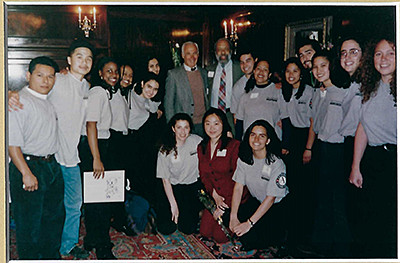 Following his heart, Arthur was among the first to serve in Volunteers in Service to America (VISTA), which sent young volunteer organizers to assist low-income communities in efforts to overcome poverty. VISTA later became part of AmeriCorps. Arthur helped expand the program and remained active as an advisor to the UC Berkeley AmeriCorps into his 80s.
Following his heart, Arthur was among the first to serve in Volunteers in Service to America (VISTA), which sent young volunteer organizers to assist low-income communities in efforts to overcome poverty. VISTA later became part of AmeriCorps. Arthur helped expand the program and remained active as an advisor to the UC Berkeley AmeriCorps into his 80s.
From 1969-84, Arthur co-directed, with Jack Anderson, the National Economic Development and Law Center, based at UC Berkeley. The center provided legal services and legal support for anti-poverty programs in rural and urban areas across the U.S., including Native American tribal lands. While at the center, Arthur also fought Nixon administration attempts to end President Lyndon Johnson’s War on Poverty.
Arthur played a leading role in creating Community Development Corporations. These nonprofit organizations were started as part of the War on Poverty to create jobs, housing and economic opportunity in low-income communities across the nation.
Arthur continued his fight against poverty under President Jimmy Carter, who appointed him to serve as Chair of the National Advisory Council on Economic Opportunity.
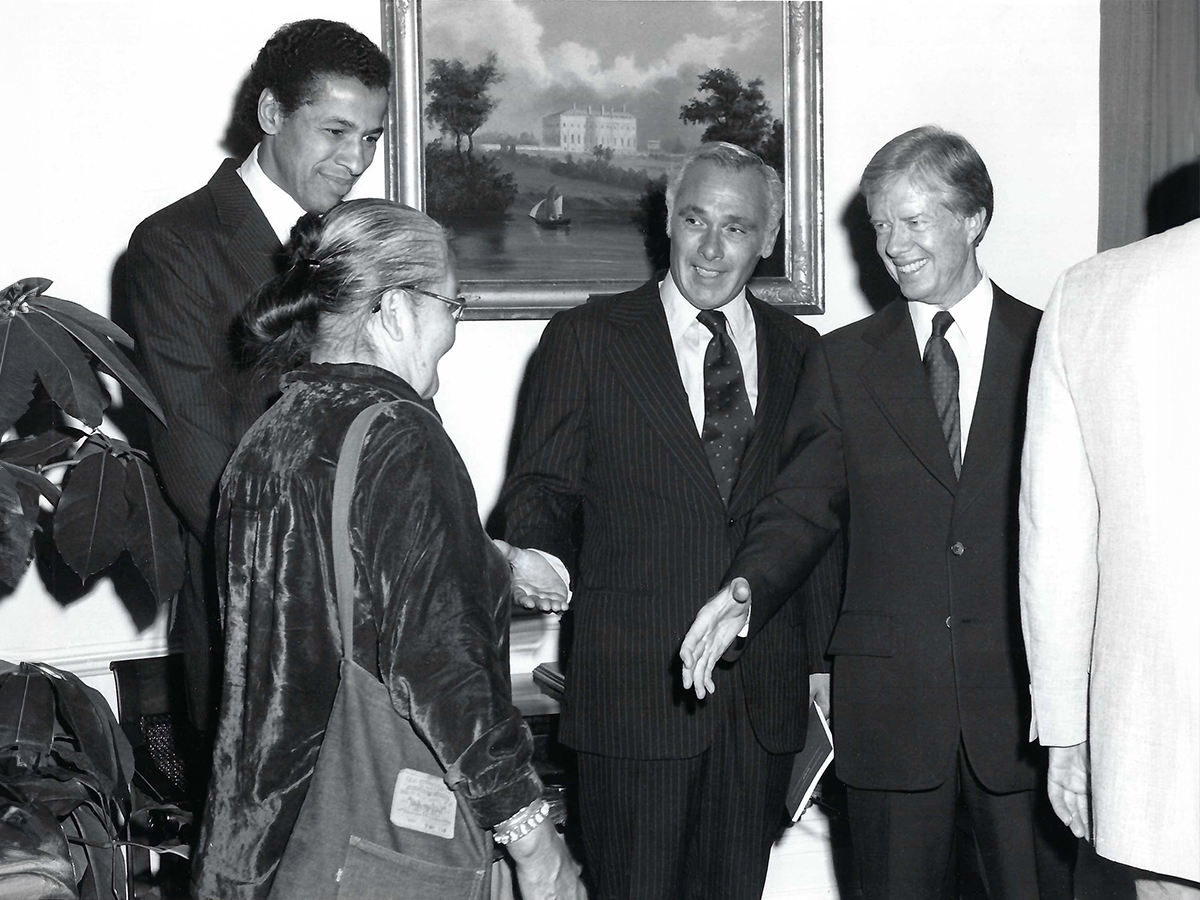
Arthur got his first taste of political campaigning while a student at Bard College, volunteering to drive Eleanor Roosevelt as she campaigned for Democratic Presidential candidate Adlai Stevenson in 1956. He went on to volunteer in every presidential campaign until 2020.
As an Adjunct Professor at the University of California at Berkeley for 32 years, Arthur taught Community and Economic Development, Politics, and Public Policy.
He encouraged his students to perform community service instead of taking exams. This resulted in life-changing experiences for his students and led many to enter careers in public service.
With students clamoring to take his courses, Arthur ensured that all his classes included low-income students — some who were the first in their families to enter college — and who were working their way through school.
Arthur was a prolific writer. His books include Democracy is Not a Spectator Sport, The American Promise, Man Against Poverty (co-edited with Roger Woock), Make a Difference, and The Star-Spangled Hustle, co-authored with Geoffrey P. Faux. He was a contributor to MoveOn’s 50 Ways to Love Your Country.
His articles and op-eds were published in the New York Times, San Francisco Chronicle, Mother Jones, Harper’s, and other publications. Many were syndicated nationwide.
Arthur was a fierce defender of democratic values. In The Star-Spangled Hustle, he was deeply critical of Nixon’s devastating policies. As a result, he was put on Nixon’s enemies list and targeted by the FBI. He received antisemitic death threats and was advised by law enforcement officials to move out of his home for his own protection. Instead of discouraging him, that experience deepened his resolve to strengthen and preserve American democracy.
President Bill Clinton appointed Arthur to the board of the National Endowment for the Humanities, where Arthur advocated for socially engaged writing and art. He also worked on the public grants committee for museums, libraries, universities, community-based art programs, and public TV and radio.
Throughout his life, Arthur actively promoted the work of diverse authors. For years, he compiled widely published annual lists of 25, 50 or 100 novels he recommended that focused on social engagement.
He was co-founder, with author Barbara Kingsolver and literary agent Frances Goldin, of the Bellwether Prize. Now the PEN/Bellwether prize, it provides $25,000 every two years to a first-time author of a novel that promotes social justice.
Arthur was born in Manhattan, the only child of Morris and Esther Blaustein. His podiatrist father gave him a deep appreciation for American democracy and a love of literature, drama, humor and sports, especially baseball. Arthur became a lifelong fan of the New York (later San Francisco) Giants. One of his favorite moments, savored the rest of his life, was seeing Willie Mays’ dazzling 1954 play, “The Catch.”
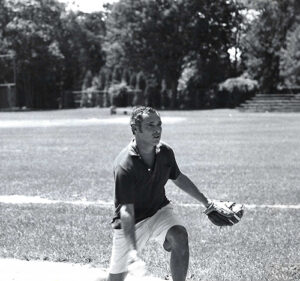 Arthur himself was a gifted athlete. For decades, he swam a mile every day at the Claremont Hotel lap pool, outdoors in all weather. He also pitched for the writers’ team at annual Writers-Artists softball games in East Hampton, New York, to benefit local charities.
Arthur himself was a gifted athlete. For decades, he swam a mile every day at the Claremont Hotel lap pool, outdoors in all weather. He also pitched for the writers’ team at annual Writers-Artists softball games in East Hampton, New York, to benefit local charities.
Despite battling Parkinson’s disease, which eventually robbed him of his mobility, Arthur never lost his keen wit and sense of humor.
He is survived by his life partner Rosemary Shahan, cousins Jim, Melissa and Ben Bloom, close friend Judy MacLean, “like family” neighbors Deborah Robison and Dennis Cohen, and many colleagues, writers, neighbors, and friends with whom he discussed politics, literature and life. He was also “Uncle Arthur” to Stefan Cohen and Elena Holsman. He is, and will be, sorely missed.
Arthur often quoted Adlai Stevenson’s words on the death of Eleanor Roosevelt, “She would rather light candles than curse the darkness.” Those words apply equally to Arthur. He might occasionally feel like cursing the darkness, but he always lit candles.
In lieu of flowers, please consider donating to President Joe Biden’s re-election campaign, to help preserve American democracy; or to Dolly Parton’s Imagination Library, which distributes free books to pre-school children and helps promote a love of reading.
